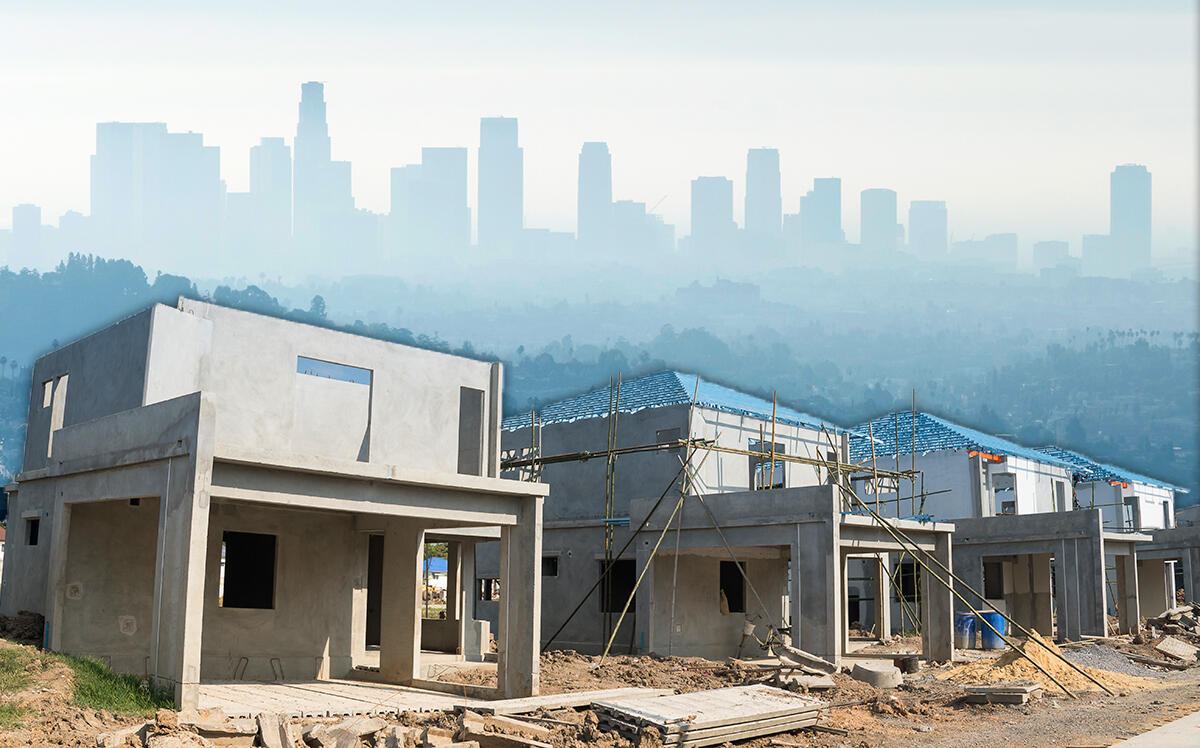Trending
Poll: Majority of LA County residents support duplex law
Survey comes with change in zoning for single-family neighborhoods set to take effect Jan. 1

A majority of Los Angeles County voters support a California law that will allow duplexes in most single-family neighborhoods statewide.
A poll of voters by the L.A. Business Council Institute and L.A. Times found 55 percent of respondents support Senate Bill 9, which will take effect January 1.
The poll found 27 percent of respondents opposed the law and 18 percent said they were undecided.
SB 9 will allow the development of duplexes and in some cases up to four-plexes in most of California’s single-family neighborhoods. Around three-quarters of buildable land in the state is zoned for single-family housing.
There was a significant difference in support between renters and homeowners — 45 percent of homeowners support the measure, which had the approval of 64 percent of renters.
Many opponents contend SB 9 will destroy the character of single-family neighborhoods, while the most prominent argument for the measure is that it will alleviate the state’s housing shortage.
Governor Gavin Newsom signed SB 9 into law in September. Such a “duplex bill” has been in the works for several years but was repeatedly rebuffed in the state legislature.
Whether SB 9 will put a dent in the housing crisis remains up for debate. A University of California, Berkeley study from earlier this year found it would have a “modest but important impact” on housing supply and that it would make economic sense to redevelop just 5.4 percent of single-family lots statewide.
That would make for around 700,000 new homes statewide. L.A. County alone is short half a million affordable homes.
Newsom also signed Senate Bill 10 into law in September. SB 10 allows city councils to expedite upzoning of single-family properties near transit to allow up to 10 units.
More than two-thirds of respondents to the poll supported the measure and only 13 percent opposed it. 19 percent said they were undecided.
[LAT] — Dennis Lynch




